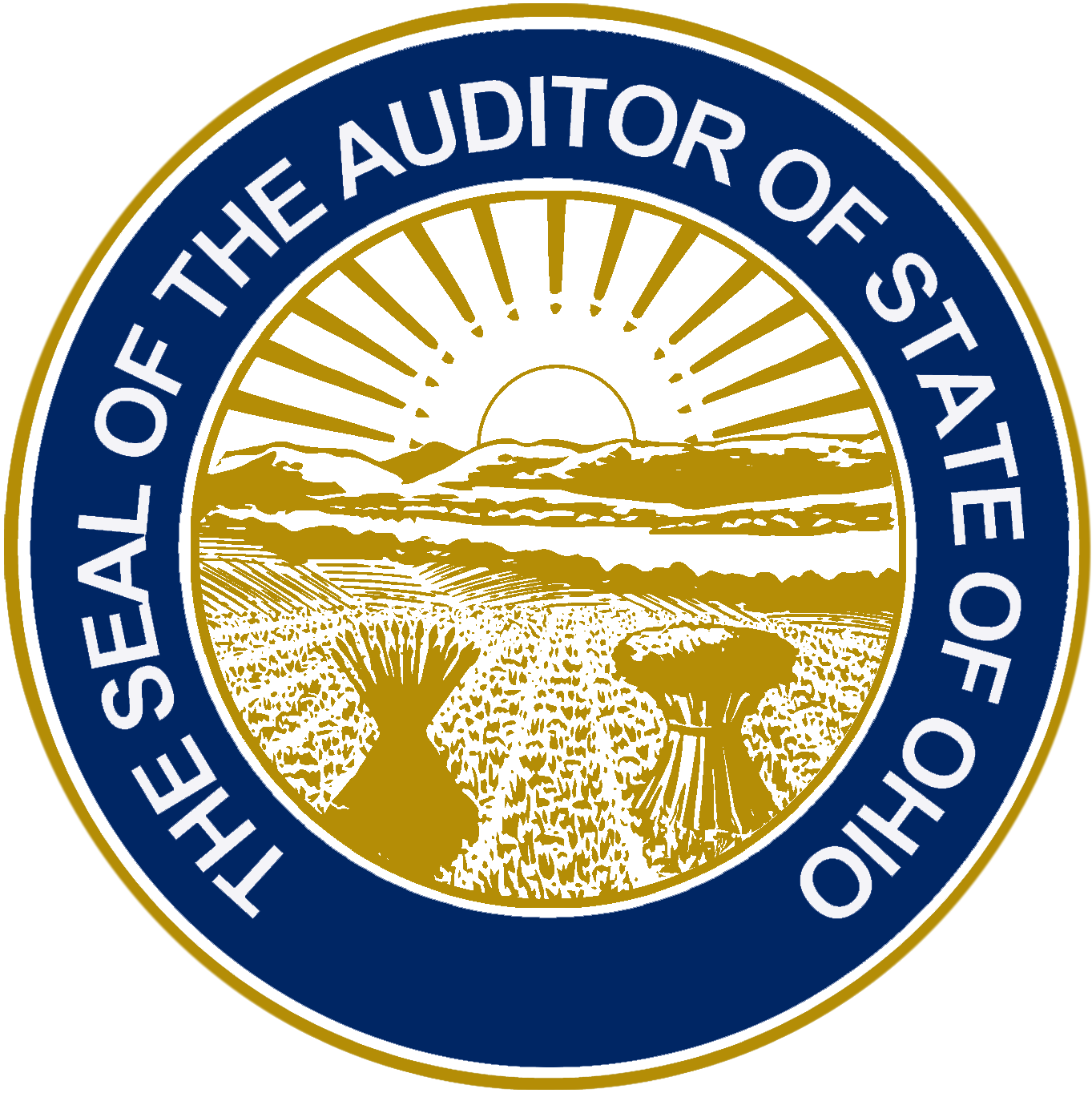
Press Release • Ohio Auditor of State
Auditor Questions State Financial Statement
Qualified Opinion Included in State of Ohio Audit
For Immediate Release:
March 25, 2021
Auditor Questions State Financial Statement
Qualified Opinion Included in State of Ohio Audit
Columbus – Auditor of State Keith Faber’s Office today released the audit report for the State of Ohio’s FY 2020 financial statements and federal financial assistance programs. The issuance of this report, fulfills the federal single audit and state audit requirements.
The state administered 349 federal programs from 25 federal agencies with federal expenditures totaling nearly $39.9 billion in FY 2020. This included more than $7.8 billion in additional funding as a result of the pandemic (a 40% increase in total assistance, as compared to the prior year); approximately $7.1 billion of that increase was related to the Unemployment Insurance Program.
Auditor Faber’s Office issued a qualified opinion on the Unemployment Compensation Fund, and Business-Type Activities opinion units in the State of Ohio’s financial statements due to internal control weaknesses related to recipient eligibility and claims processing of unemployment benefits. A qualified opinion indicates the auditors could not be assured the financials for these opinion units are fairly presented, in all material respects, based on the issues identified. This is a significant qualification.
Auditors asked the Department of Job and Family Services (JFS) about any known or suspected fraud in the Unemployment Compensation System and were only informed of insignificant fraud. Throughout the audit engagement additional procedures and inquiries of management afforded multiple opportunities for disclosure to the auditors of additional known or suspected fraud that had occurred.
In January, subsequent to the opinion qualifications, JFS publically reported the Unemployment Compensation System was subject to hundreds of millions of dollars in fraud. Subsequent testimony of the JFS Director indicated that the JFS was aware of the fraud in the system as far back as June 2020 – meaning that incomplete information was provided to auditors.
The report also contains two reportable issues identified as material weaknesses related to controls and compliance over financial reporting; one related to public assistance payments for Medicaid and SNAP, the other related to pandemic unemployment. In both cases, the weaknesses in the internal controls related to the eligibility determinations and payment processes, which allowed for incorrect determinations to be made within the systems in place during the FY 2020.
One of the most notable of the federal findings relate to the eligibility systems, controls, and process, including the Ohio Benefits System, which includes the Income Eligibility Verification Systems, connected to the State’s public assistance programs (Medicaid, CHIP, SNAP, and TANF). Several system defects and weaknesses were identified which involve multiple state agencies including the Department of Administrative Services, Department of Medicaid, and the State and County Departments of Job & Family Services. These issues contributed to opinion qualifications for the Medicaid, CHIP, and TANF eligibility requirements.
Additionally, early in the pandemic, the Ohio Department of Job and Family Services implemented a new eligibility and reporting system to process the new federal pandemic unemployment programs, which included more lenient federal eligibility requirements. However, this new system did not contain proper controls, subjecting the JFS to increased fraud and abuse. The JFS was unable to provide sufficient documentation to allow the auditors to perform the required procedures over its general controls for security, program change management, and IT operations for the new eligibility and reporting system in which key functions were outsourced to a service organization.
In addition, due to the volume of claims, the JFS did not implement the federal requirements to promptly detect, recover, and accurately report overpayments for Pandemic Unemployment Assistance. Consequently, the JFS was unable to detect and recover some ineligible payments or overpayments, resulting in questioned costs. These issues contributed to opinion qualifications for the Unemployment Insurance Program requirements related to activities allowed, allowable costs, eligibility, and special tests and provisions.
The audit identified 38 findings in the federal testing administered by 10 state agencies. These results are both an increase over the prior year. Of these federal findings, seven resulted in questioned costs totaling at least $426,470 (some also included noncompliance and/or control deficiencies), 24 were noncompliance (some also included control deficiencies), 32 were identified as material weaknesses, and three were significant deficiencies.
The table below summarizes the number of federal audit findings by agency:
|
State Agency |
2020 |
|
Ohio Department. of Job & Family Services |
14 |
|
Ohio Department of Medicaid |
4 |
|
Ohio Department of Education |
5 |
|
Ohio Development Services Agency |
3 |
|
Ohio Department of Developmental Disabilities |
1 |
|
Ohio Department of Mental Health & Addiction Services |
5 |
|
Ohio Department of Natural Resources |
3 |
|
Ohio Department of Adjutant General |
1 |
|
Ohio Department of Administrative Services |
1 |
|
Ohio Department of Aging |
1 |
|
Total |
38 |
The full audit can be found online here.
###
The Auditor of State’s office, one of five independently elected statewide offices in Ohio is responsible for auditing more than 6,000 state and local government agencies. Under the direction of Auditor Keith Faber, the office also provides financial services to local governments, investigates and prevents fraud in public agencies, and promotes transparency in government.
Public Affairs
Contact: Allie Dumski
Press Secretary
614-867-1770